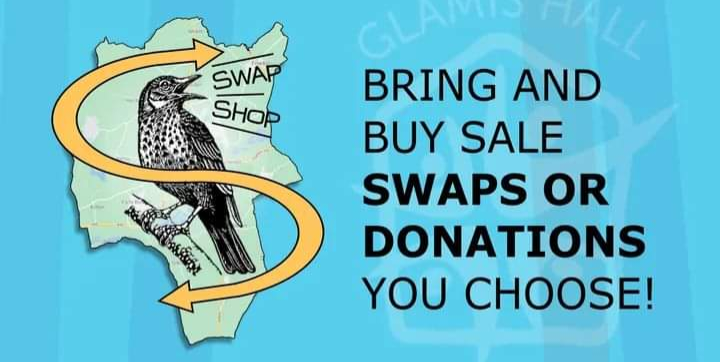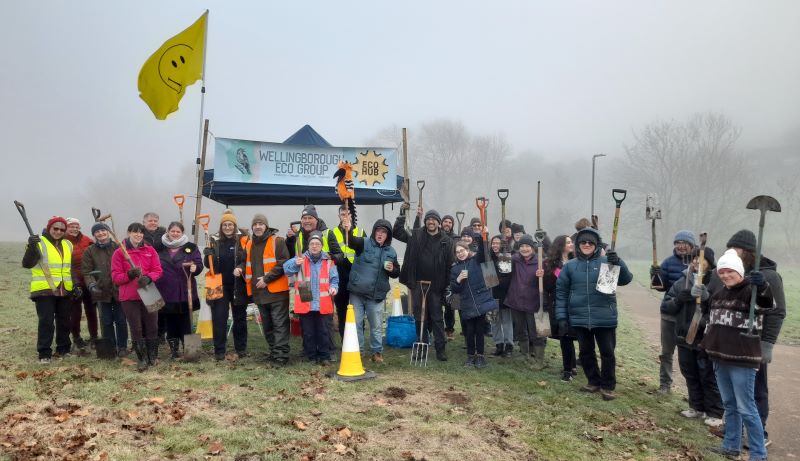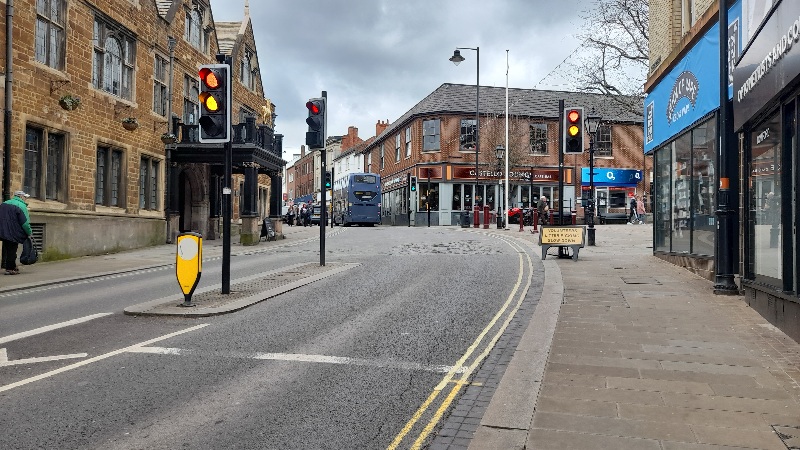It’s the Monday before Christmas, the Green Tip Advent Calendar window opens to have a Meat Free Monday. With many people queuing for a turkey today, 10 million turkeys will be slaughtered this year just for Christmas dinners in the UK. With millions set be killed for the festive season, why not spread ‘peace and good will’ to all animals instead?

Not a very Merry Christmas for animals.
Most farmed animals are raised in intensive factory farms, in cramped, overcrowded cages, sheds and pens. With no room to stretch limbs or wings and no access to daylight or fresh air, intensively reared animals are often diseased, injured and dying due to the unnatural conditions they are kept in.
Farmed animals are subjected to mutilations such as having their beaks clipped, their teeth pulled out and their tails docked to stop them from pecking and wounding each other through boredom and frustration. All farmed animals end their lives with a brutal death at the slaughterhouse.
Meat is bad news for the environment
Modern livestock production is wasteful in many ways and, in a world where the resources that we all need to live are becoming scarce, this is simply unsustainable:
30 – It can take 30 bathtubs of water to produce just one beefburger
The Worldwatch Institute estimates that a staggering 70% of the world’s freshwater supplies goes towards agriculture – a third of this to grow animal feed crops. A chicken breast for example takes over 735 litres of water to produce, that could fill up your bathtub 4.6 times.
100 – An area of rainforest the size of a hundred football pitches is cut down every hour to create room for grazing cattle
Forests, the ‘lungs of the world’, are essential in the fight against climate change. But right now they are being destroyed at an alarming rate in order to clear land to raise cattle and grow crops such as soy for animal feed.
1/3 – Almost a third of all land on Earth is used for livestock production
Animals convert plant protein and energy into meat protein and energy inefficiently; in fact it can take up to 12 kg of grain to produce 1 kg of beef. This means that anyone who consumes large amounts of meat may be consuming a disproportionate amount of the world’s available nutrients.
Currently some 800 million people on the planet suffer from hunger or malnutrition, yet an amount of cereal which could feed three times this number of people is fed to cattle, pigs and chickens.
The sheer number of animals being farmed for consumption is having a profound effect on climate. Emissions from livestock of greenhouse gases such as carbon dioxide, methane and nitrous oxide pour into the atmosphere trapping in heat. The Food and Agriculture Organization of the United Nations estimates that livestock production is responsible for 14.5% of global greenhouse gas emissions, while other organisations have estimated it could be as much as 51%
Agricultural intensification and expansion, and overfishing, are also major factors in loss of species and biodiversity – if present trends continue, over the next 100 years or so there will be a global mass extinction of species.
Eating less meat has health benefits
According to the World Health Organization, we eat considerably more protein than is necessary or optimal for health – mostly from animal products. A meat-and-dairy-heavy diet is now being linked to some of the world’s biggest killer diseases: cancer, heart disease and stroke.
On the other hand, eating a balanced meat free diet based on whole grains, pulses (beans and lentils), vegetables and fruits, nuts and seeds you should easily exceed the guidelines for eating 5-A-Day. Even better – your meals will tend to be naturally higher in fibre and lower in saturated fat.
Meat Free Monday
Launched by Paul, Mary and Stella McCartney in 2009, Meat Free Monday is a not-for-profit campaign which aims to raise awareness of the detrimental environmental impact of animal agriculture and industrial fishing. The campaign encourages people to help slow climate change, conserve precious natural resources and improve their health by having at least one plant-based day each week.
Go Vegan this January
Veganuary is an annual challenge that encourages people to try a vegan diet for the month of January. The goal of Veganuary is to: Inspire and support people to try veganism, End animal farming, Protect the planet, and Improve human health.
Some ways to participate in Veganuary include:
- Choosing organic, non-GMO, local, fair trade, and sustainable foods
- Wearing clothing, shoes, and textiles made of nonanimal materials
- Using shampoo, cosmetics, and soaps that don’t contain animal substances
- Avoiding jewelry that contains animal parts
- Not participating in hunting or sports where animals are used
Northants Veggies and Vegans
Northants Veggies and Vegans are non-political group that promotes Vegetarian and Vegan life in Northamptonshire. They have an active Facebook Group that has lots of advice, recipies, and companies posting with meat free alternatives. Members also meet for picnics, Vegan Lunches at ECO HUB and trips to restaurants.
Our Happy Cafés at ECO HUB are vegan. Using saved ingredients from supermarkets with our Food Sharers, we cook something delicious, nutritious and completely meat free every Tuesday and Thursday for you. Join us 10am-2pm, during January, we will also be running some special events for Veganuary too!
To sum up, having at least one plant-based day a week is a fun and easy way to do something good for the planet and our future. Go Meat Free this Monday, try it, you might like it, the planet and animals will definitely appreciate it! Merry Christmas everyone!































